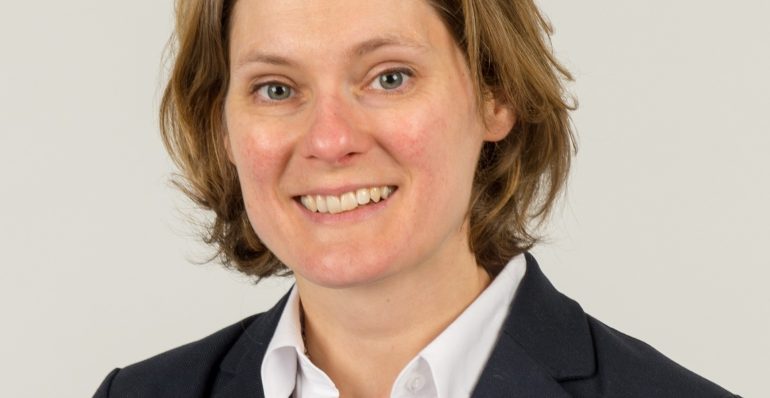
Glasgow Scientist Wins Top Award

21 Jan 19 |
By Bryan Christie, Health Journalist and SCF Board Member
Dr Katie Robb, a researcher focused on improving the early diagnosis of cancer and reducing inequalities for cancer patients, has won the prestigious 2018 Scottish Cancer Foundation Prize.
The prize, an honour that recognises excellence in cancer prevention, is awarded with up to £10,000 of funding. Dr Robb plans to use this to accelerate her research to help improve access to cancer screening and reduce the burden of cancer both locally and nationally.
Dr Robb‘s work focuses on behavioural cancer research encompassing areas such as uptake of cancer screening, understanding cancer risk, and helping people visit their GP if they notice a new or changing symptom. She is particularly passionate about reducing inequalities in cancer such as uptake of bowel cancer screening, where uptake is almost 25% lower among people living in more deprived areas. Indeed part of her current research focuses on developing and testing an intervention to support people to complete their bowel screening kit at home.
Previously she pioneered work on public perceptions of cancer risk, before going on to co-develop the Cancer Awareness Measure (CAM), which has been widely adopted as the standardised method of assessing cancer awareness across the UK and in other countries. More recently, her work has looked at supporting people with Chronic Obstructive Pulmonary Disease to recognise and seek help promptly for potential lung cancer symptoms.
Dr Robb, who is based at the University of Glasgow’s Institute of Health and Wellbeing, said: “I am delighted to be receiving this award and am very grateful to all the brilliant scientists and clinicians I have collaborated with who have supported this achievement. The prize fund offers an exciting opportunity to accelerate the insights from behavioural science to reduce the burden of cancer locally, nationally and globally.”
Professor Robert Steele, Chairman of the Scottish Cancer Foundation said: “Raising public awareness of the risk of cancer and improving the uptake of screening services are both essential in helping to detect cancer early and improve survival prospects. Dr Robb’s work has demonstrated success in these important areas and she is a very worthy recipient of this year’s prize.”
The Prize is awarded annually at the Scottish Cancer Conference, and is supported by the Grant Simpson Trust. The award is also accompanied by the Evans Forrest Medal, named in recognition of the founders of the Scottish Cancer Foundation.